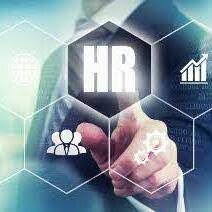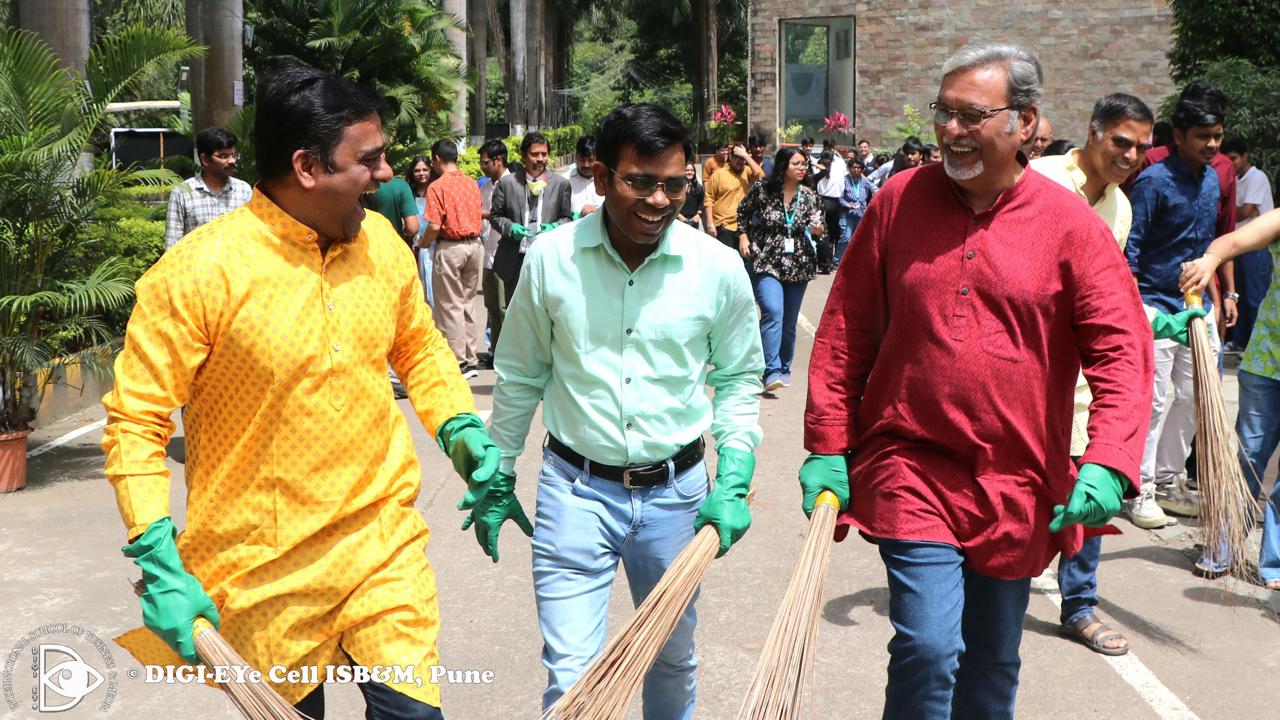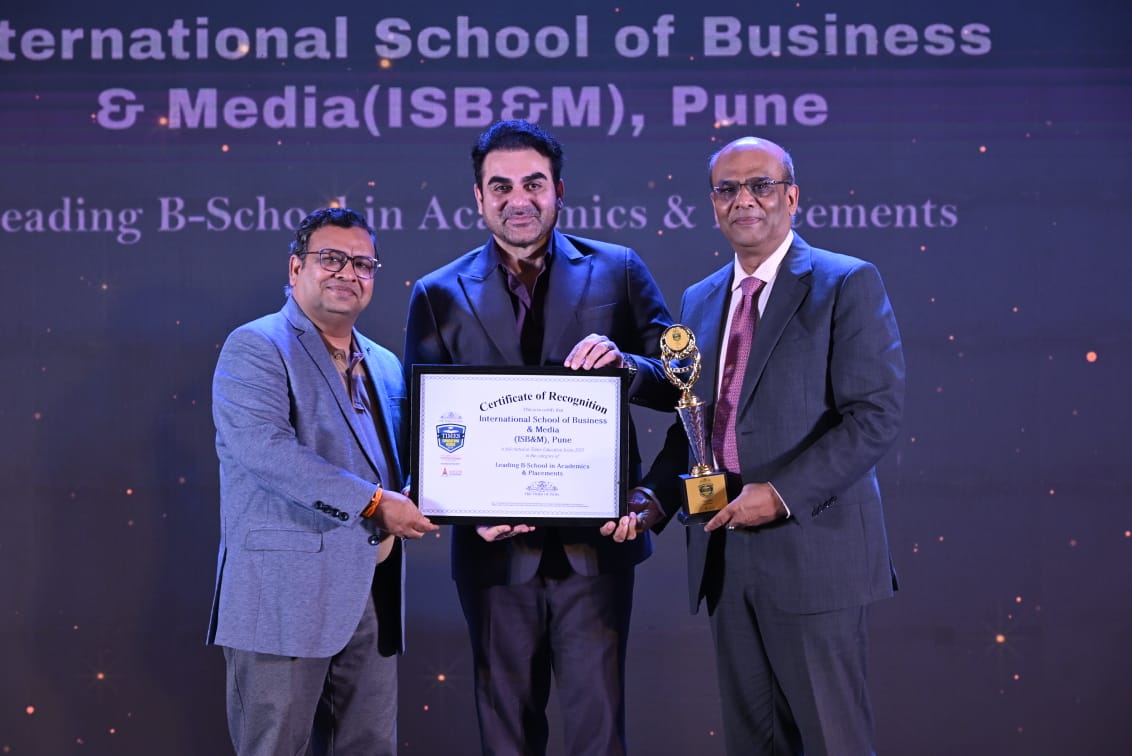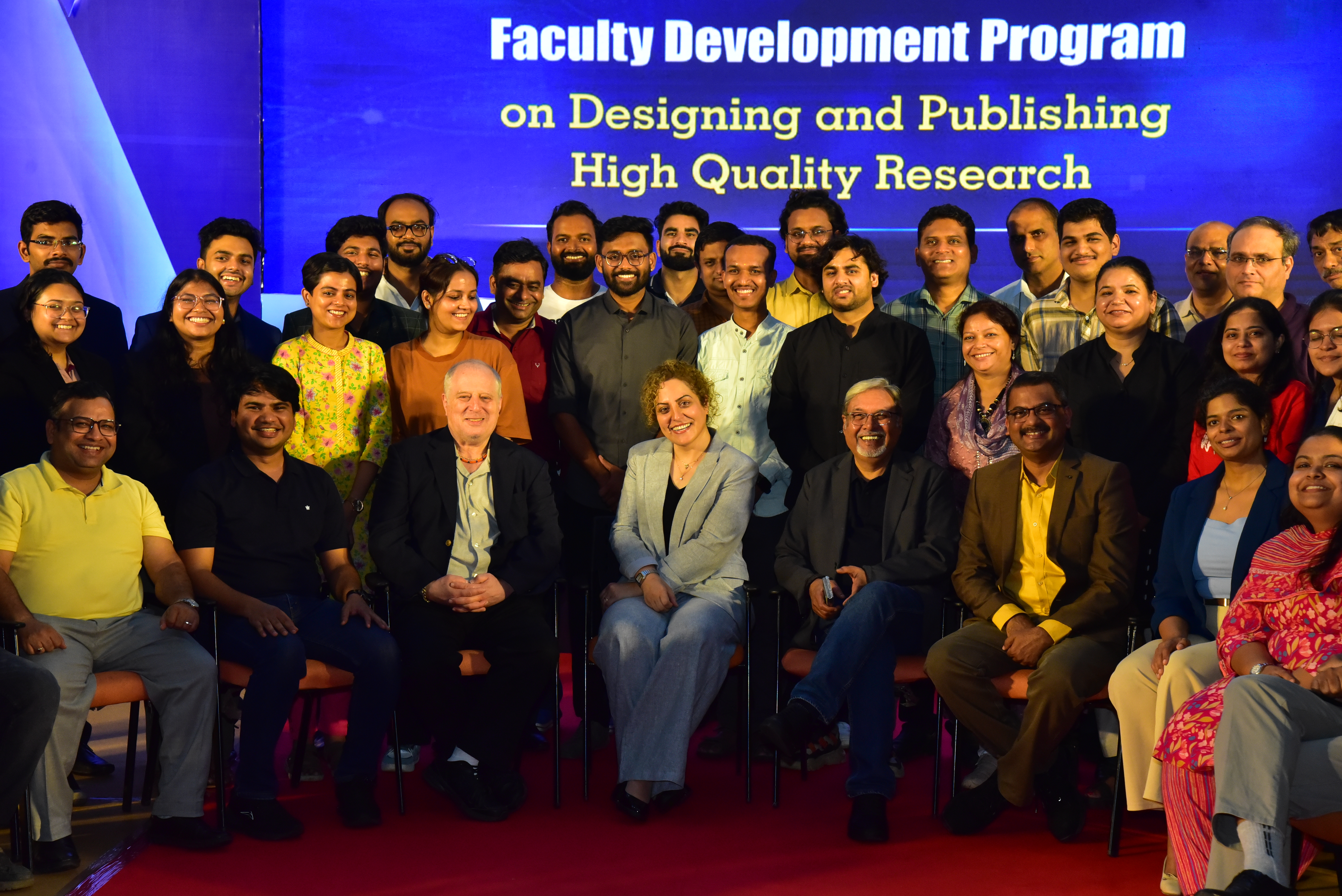
HR FRATERNITY – ARE YOU PREPARED FOR FUTURE HR JOBS?
“If we leave the human factor out of our business calculations, we shall be wrong every time.” - William H. Lever, founder of Lever Brothers
Changes that are sweeping the Global landscape has placed Human Resource department in high pedestal. HR is going to play the role which is both strategic and operational hitherto unknown. Adding to that the Corona virus has drastically reshaped the economy and the labor force. Since its rapid spread around the globe, we have experienced titanic shifts in how we work, where we work, and the technologies we use to stay connected. One thing is very clear that technology will play crucial role in execution of HR function. Employees are looking at their managers and HR leaders, how to navigate the future work. This is HR’s moment to lead organizations in navigating the future. HR leaders have a tremendous opportunity, and responsibility, to provide workers with guidance on the skills and capabilities they will need to be successful over the next decade as new roles continue to emerge.
With that in mind, The Cognizant Center for Future of Work and Future Workplace jointly embarked on a nine-month initiative to determine exactly what the future of HR will look like. We brought together the Future Workplace network of nearly 100 CHROs, CLOs, and VP’s of talent and workforce transformation to envision how HR’s role might evolve over the next 10 years. This brainstorm considered economic, political, demographic, societal, cultural, business, and technology trends.
The result was the conception of over 60 new HR jobs, including detailed responsibilities and skills needed to succeed in each role. We then created a ranking of each job by its organizational impact, allowing us to narrow the list to an initial 21 HR jobs of the future.
Let me discuss few of the future jobs
Head of Employee experience:
Employee in its life cycle moves through many stages and employer must provide a consistent employee experience. In providing employee experience it includes everything from personal relationships to milestones to use of technology and providing extraordinary workplaces. Employee experience is not just providing amenities and beautiful workplaces or having lots of fun activities time to time, it is much more than that. The Complete employee experience includes work freedom, meaningful work, perceived fairness, healthy relationships, honeymoon days experience, work-life balance, opportunities, mentoring and support, flexible career options, alumnus support and of course competitive compensation and many more.
Employee experience starts even before employee joins organizations and that makes it tough because employee can be aware about its compensation & job location beforehand but not about complete employee experience that he will get after joining. According to Accenture report first year dropouts happens because of employee experience. Technology and data can help us here. Technology can be an enabler for improving employee experience as it can give us data about what really our current and future employees want. Internal collaboration platforms across the organization, predictive employee services that anticipate employee needs, “Know me” tools modelled after popular social media apps, Artificial intelligence tools to improve personal productivity, Tools that monitor social/emotional states, chat bots can help employer to provide extraordinary employee experience. Technology and data can help employer to provide not just extra-ordinary but customize experience to employees.
Work from home Facilitator:
Substantial number of people are working from even before pandemic. Today, with more than 88% of knowledge workers now doing their jobs remotely, this role would need to work cross functionally to make sure employees outside of the office are receiving the same benefits as those working onsite. This trend is going to continue and many companies will allow substantial number of their employee to work from home so as create flexibility to employee and also save substantial costs of providing them facilities and transportation etc. Of course there are certain industries like manufacturing such flexibility is severely restricted. That’s where we see the role of a Work from Home Facilitator coming in. This person would ensure that the organization’s processes, policies, and technologies are optimal for remote workers. A key metric of success for this role would be to build remote workers’ strong sense of belonging within the organization, ensuring that they know their purpose and feel deeply cared for. Creating a purpose and meaning of their work and their contribution to Organizational effectiveness is the primary job of the position apart from what we have discussed.
Director of Well Being:
Every Organization is well aware that People are their competitive advantage. This is only asset that can shore up the fortunes of the company even in trying times. Best of the companies know the equation between health and work behavior. Knowing that a healthy workforce is a more productive workforce, HR leaders have to pay special attention. Creating and implementing meaningful health benchmarks and metrics is absolute necessity. Few import things organization can be mindful are
- Do the organization have health checkup policy? How the health of each employee is monitored?
- Do the employees enjoy work life balance?
- What are the stress levels at work place?
- Do the Organization ever wanted to know families of employees and their wellbeing.
- Do the organization provide workout facilities in the work place?
- Do the Organization monitor absenteeism? Will it deeply analyses the reasons for absenteeism?
- Has organization got a mechanism to identify and highlight fluctuations in productivity of employees or groups?
If any organization is affirmative about above, it is really caring about employee well being.
The future of the Work Leader:
This is the advanced version of Chief talent officer. The Future of Work Leader, would be responsible for analyzing what skills will be most essential as the workforce continues to evolve. This role would focus both on setting the organization’s strategy for the future of work, as well as proposing re-skilling and up-skilling efforts for current employees. The position would also synthesize big-picture inputs from academia, industry association, and competitive threats in the marketplace to envision new jobs and skills critical to the organization’s continued success. This position should prepare frame work for future requirements as mentioned above and ensure the implementation of the same. A good monitoring and evaluation process should be incorporated in frame work so as to know the effectiveness.
Strategic business continuity Leader:
This person leads the HR response team and works with the CEO, CFO, CIO and the Facilities Director to propose how to create a safe workplace — for both onsite and remote workers. According to SHRM research, this is a key objective for CHRO’s as, 34% of Organizations did not have an emergency preparedness plan prior to Covid-19 pandemic. In some companies such as Honda they have dedicated person to deal with emergencies and natural disaster but the position that is envisages much large in scope and impact. Business continuity is essential for survival of the company and economy of the nation. We have seen how unprepared the world is at the onset of Covid pandemic. Many companies folded during pandemic rendering hundreds and thousands of employee jobless. To avoid such situation, we need to have position which prepares the Organization for any eventuality.
Gig Economy Manager:
Gig economy is a labour market characterized by the prevalence of short-term contracts or freelance work as opposed to permanent jobs. The gig economy is made up of three main components: the independent workers paid by the gig (i.e., a task or a project) as opposed to those workers who receive a salary or hourly wage; the consumers who need a specific service, for example, a ride to their next destination, or a particular item delivered; and the companies that connect the worker to the consumer in a direct manner, including app-based technology platforms. One of the main differences between a gig and traditional work arrangements, however, is that a gig is a temporary work engagement, and the worker is paid only for that specific job. Many organizations are prefer temporary works for cost considerations but it has its disadvantages. The so called millennial wants work not permanent job. For such people gig economy is a boon. The life styles of employees are also undergoing radical change. Thy want freedom and flexibility and they love to work for some fixed period and then they have other things to pursue as per their interests. For them also gig economy plays very important role. Gig manager’s task is to ensure supply of people and quality of the work. His ability of networking and areas to tap for such people plays important role in success of Organization.
One important question both organizations and HR leaders need to ponder is are we prepared for such changes? If not, what needs to be done? HR need to think of out of box and come out with new and innovative ideas to navigate the future. The success of Organization to large extent depends how HR can bring changes without disrupting and preparing the employees. Do hope HR will rise up to such challenge?
Note : This article is inspired by the Future HR Jobs written by Jeanne C. Meister and Robert H. Brown
Professor at International School of Business & Media
Published





